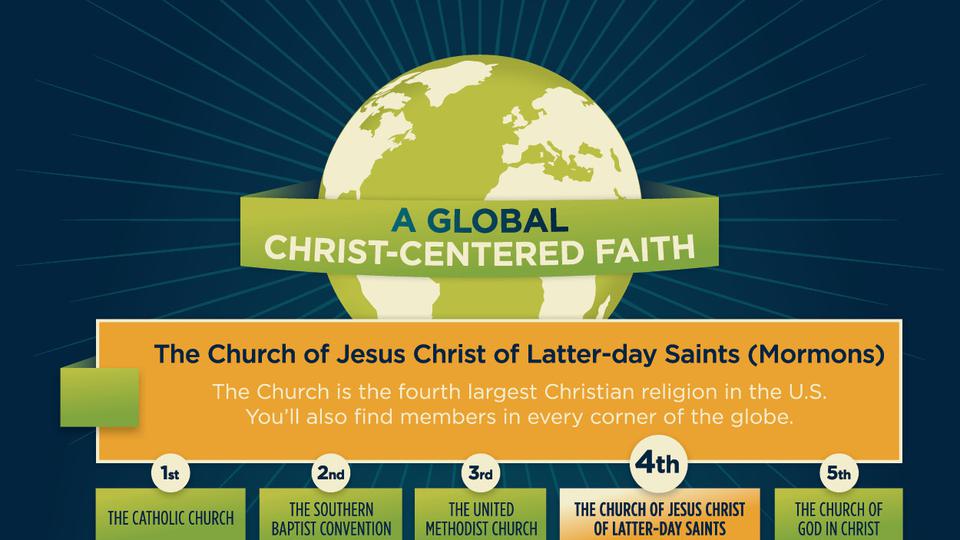Uncovering The Extensive Background And Continuing Influence Of Catholic Schools Globally
Uncovering The Extensive Background And Continuing Influence Of Catholic Schools Globally
Blog Article
Catholic elementary schools Leelanau County -McPherson Bell
When you consider the history of education, Catholic schools stick out for their deep-rooted customs and long lasting impact. These establishments started as a means to infuse faith and worths, but they have actually adjusted remarkably over centuries. Today, they play an essential function in shaping not just academic success but also moral integrity. What's fascinating is just how they've managed to thrive among transforming cultural landscapes, questioning regarding their future importance and influence.
The Origins of Catholic Education: A Historic Point of view
Catholic education and learning traces its roots back over 1,500 years, when early Christian communities recognized the demand for organized learning. You'll discover that these communities aimed to hand down their faith and values with education and learning.
Monasteries and basilica institutions became facilities of learning, supporting both spiritual and intellectual development. As you delve deeper, you'll see that the educational program typically included philosophy, faith, and the liberal arts, made to form versatile individuals.
With time, the Church developed more formal institutions, making certain that education and learning stayed obtainable to all. The dedication to training moral values and cultivating a feeling of community has actually continued through the centuries, forming the academic landscape and affecting plenty of lives worldwide.
This long-lasting tradition remains to motivate Catholic education and learning today.
The Advancement of Catholic Schools Via Social Contexts
As societies evolved, so did the duty of Catholic colleges, adjusting to the social contexts in which they existed. In the early years, these institutions concentrated primarily on spiritual guideline, yet as areas branched out, they began to incorporate local languages, custom-mades, and educational needs.
You 'd observe that Catholic institutions usually ended up being centers for social communication, cultivating a sense of belonging amongst students from different histories. In lots of regions, they dealt with societal problems, such as poverty and discrimination, by providing easily accessible education for all.
As you discover different societies, you'll see just how Catholic schools have shifted their curricula and teaching approaches, mirroring the values and challenges of their settings while remaining true to their foundational mission of belief and scholastic quality.
The Modern Function and Influence of Catholic Schools in Society
In today's globe, Catholic institutions play an essential duty fit not just the academic landscape, however additionally the wider area.
You'll locate that these institutions highlight values like respect, concern, and social justice, fostering well-shaped individuals who contribute positively to society. By concentrating on scholastic quality and ethical growth, Catholic colleges prepare pupils for future obstacles, supporting crucial reasoning and leadership skills.
They typically serve diverse populations, bridging spaces in access to quality education. Furthermore, you might see their commitment to solution, motivating trainees to participate in neighborhood outreach and volunteer job.
related web site of education and moral support makes Catholic colleges a substantial force, cultivating responsible citizens that can impact their areas for the better.
Final thought
In conclusion, Catholic schools have an abundant history that's shaped their long-lasting effect on society. You've seen just how they've adjusted to different social contexts while keeping a dedication to faith, values, and scholastic quality. Today, they remain to play an important role in cultivating neighborhood, advertising social justice, and nurturing responsible people. As you review their heritage, it's clear that Catholic institutions remain a powerful force for positive adjustment in the world.
